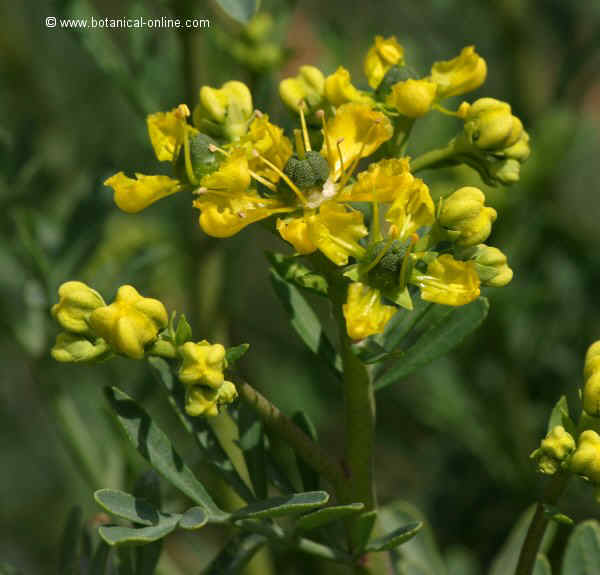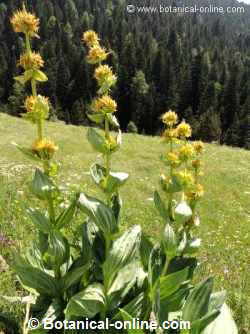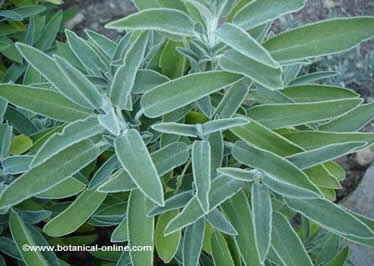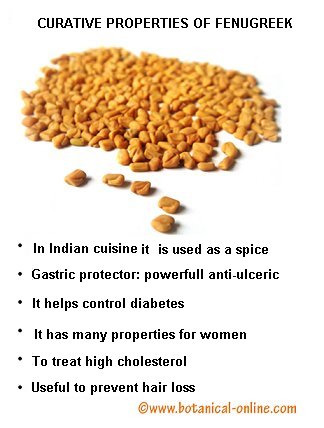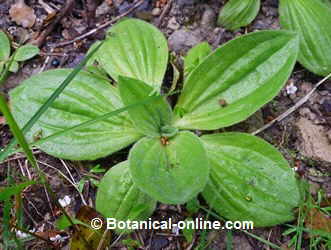Contents
Characteristics of heterocyclic amines
What are heterocyclic amines?
Heterocyclic amines (HCAs) are carcinogenic compounds that are formed by cooking high-protein foods at very high temperatures. They should not be confused with the acronym PAH corresponding to polycyclic aromatic hydrocarbons.
For example, grilled or barbecued meats may contain these substances.
Chemically they are compounds of heterocyclic nitrogen with methyl and amino groups. (It is called heterocyclic when at least one atom of the ring is not a carbon, and they are heterocyclic amines because at least one atom of the ring is a nitrogen).
Some examples of AH are MeIQX (methylimidazoquinoline) and IQ (imidazoquinoline), which are found in roasted fish, are metabolized in the liver and transformed into active mutagens.
Risks for the health of heterocyclic amines
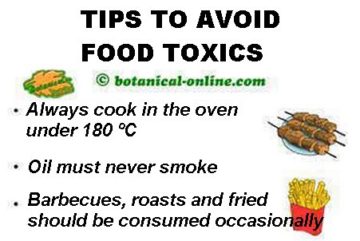
The heterocyclic amines are mutagenic, that is, they can produce changes in the DNA and cause cancer mutations in the cells.
Unsaturated fatty acids, such as omega 3 and omega 9, vitamin A and chlorophyll help slow the transformation of biogenic amines into carcinogens in the body. For this reason it is recommended to accompany the food of roasted meats or fish with raw foods rich in vitamin A and chlorophyll (carrots, arugula, lettuce, tomatoes, etc.)
Sources of heterocyclic amines
They are formed in foods rich in proteins, such as meat, fish or shellfish, but only when they are cooked at high temperatures. Therefore, the dietary sources are:
* Meat, fish or shellfish cooked:
- fried,
- grilled,
- smoked,
- barbecues,
- roasted
How to diminish the formation of heterocyclic amines
The more temperature and time of exposure, the greater the formation of these substances.
The number of heterocyclic amines is multiplied when we roast in the oven or cook at temperatures above 180ºC.
Cooking the food for a long time favors the formation of heterocyclic amines. Cooking small pieces shortens the cooking time.
- Usually foods cooked at high temperatures should not be consumed. We must promote raw, steamed, boiled and papillote foods.
![]() More information on toxic products in food
More information on toxic products in food

